HOME > Basketball
American Sports Editor s Thoughts: Zhu Meng Green expressed the inner feelings of many black people, but he failed to grasp the key points
10:43pm, 16 May 2025【Basketball】
When I encountered micro-discrimination and obscure words countless times, I chose to remain silent - not because I was speechless, but because I knew that as long as I spoke, I might be labeled as "hard" or "hostile". This kind of self-restraint, this continuous emotional depression, is something that many people simply cannot understand because they have never experienced it. Green plays the role of an iron-faced law enforcement and a tough guy in the Warriors, something he shouldn't give up. In fact, in today’s more free and smoother era, it’s part of this kind of game that many people who loved the NBA decades ago miss. But when Green repeatedly crossed the line, this not only made fans disgusted with his playing style, but also his refusal to take responsibility for his actions.
Being black and feeling angry should not be considered a crime. This should be human nature. We are as angry as everyone else. But we don’t have so many gold medals for exemption, nor do we enjoy the full richness and diversity of human emotions.
One dynamic factor facing Draymond that the rest of us do not need to cope with is the role of race in media coverage of black athletes. Take a look at some of the data from the Institute for Sports Diversity and Ethics (TIDES) 2021 report on newsroom diversity:
79.2% of sports editors are white and 83.3% are male.
72.0% of assistant sports editors are white and 75.8% are male.
77.1% of columnists are white; 82.2% are male.
Like many other industries, the sports community is not doing enough to cover athletes of color and to increase people of color in the news team. How many black journalists can continue to enter the NBA and NFL locker rooms? How many Latino journalists can enter the MLB locker room? Not many. More than before, but certainly far from the level it should have been.
Although I may not agree with Draymond's remarks, I also don't understand how it would be like to be a black athlete in a predominantly black sport that often faces reporters with different skin colors than their own. I'm sure this is a unique psychological challenge for any black man, and the word "tired" will come to mind right away. I also don’t know how much of what he said was influenced by his interactions with a fan who disrespects him and calls him “the Monkey” during the game. The feelings he shared at the end of the game were probably largely influenced by that interaction. Not only are black athletes mainly reported by white people, they also play in front of white people.
It should be clear that this is not to cater to white people's standards of behavior. Most newsrooms are led by white people. Most athletes are people of color except the National Hockey League (NHL). The traits that are praised as exciting or passionate in Connor McGregor, Johnny Manziel and Baker Mayfield are labeled as arrogant or out of control on Shedul Sanders, Barry Bonds and even Mohammed Ali.
Double standards do exist, and bias does exist. But responsibility is also important. Excerpting one's own behavior with a real stereotype would devalue the experiences of those of us who have to bear this stereotype every day, especially in environments that don't give us any benefits.
And Green uses it to excuse himself for his bad performance on the court, but the rest of us are living with it every day—and can never get rid of it.
———————————————————————————————————
Claudio E. Cabrera is the editorial director for The Athletic audience, and he writes for NBA, NFL, MLB and cultural topics.
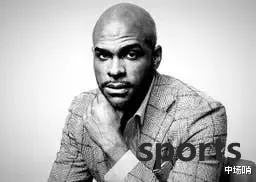
Related Posts
- Tyron Lu talks about superstar breakup: If Irving has not left the team, I think James will stay with the Cavaliers
- American News: The Lakers are expected to maintain their current lineup and enter training camp. They look forward to Vincent & Kleber s performance
- Stockton: NBA s current style is weak; they are all jumpers, players love load management; their salary is still high
- The Rockets have signed 4 players in a row, the Clippers finally take action, and the Warriors target appears
- Morant bid farewell to Bain: 5 years of brotherhood breaking, muscle shooter shoots magic to change the Eastern Conference pattern
- More than the third brother! Homgren becomes the X factor?
- Funny, Brunson was named the 2025 NBA Playoffs Best Offensive Player and Worst Defensive Player
- Why can t the Los Angeles Clippers win the NBA championship?
- Amen s "fake PG" effect is outstanding: 19+7+6 in three quarters, relaxed and enjoyable. Fan Jordan s reimbursement is good for him
- Very suddenly! Retired?! Simmons doesn t want to fight anymore?
Hot Posts
- Tyron Lu talks about superstar breakup: If Irving has not left the team, I think James will stay with the Cavaliers
- American News: The Lakers are expected to maintain their current lineup and enter training camp. They look forward to Vincent & Kleber s performance
- Stockton: NBA s current style is weak; they are all jumpers, players love load management; their salary is still high
- The Rockets have signed 4 players in a row, the Clippers finally take action, and the Warriors target appears
Recommend

Crazy Night! 2 new signs were reached, the league began to investigate the Clippers, Harden owed rent

George s podcast business continues to operate, he is sure Doncic has a chance to become the greatest international player
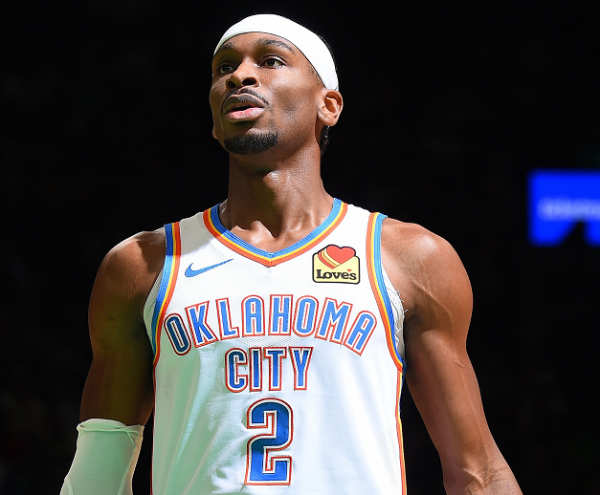
35 points, 3 rebounds and 4 assists! Just today, an NBA record held by Durant was reached by the SGA

Hu Mingxuan, Zeng Fanbo’s brother!
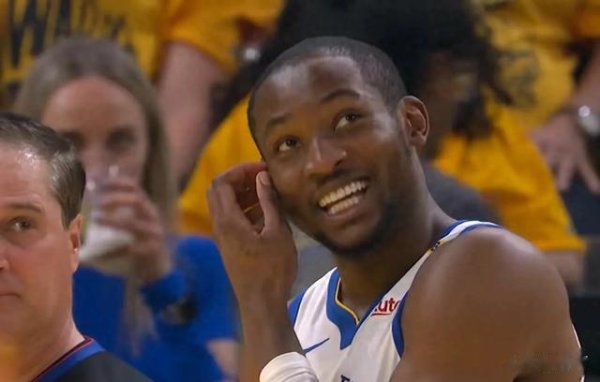
Warriors 1:4 eliminated by the Timberwolves, Cole is the culprit! As many as 4 people may be swept out by the Warriors
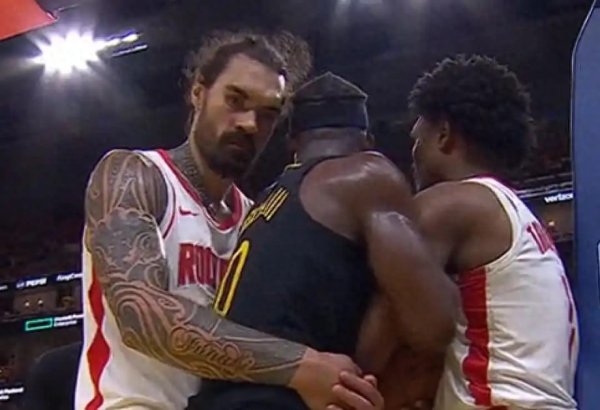
Uduka three high-level joint defense restrains the Warriors, Xu Jingyu bluntly stated that the Warriors are in danger and are on the edge of the cliff
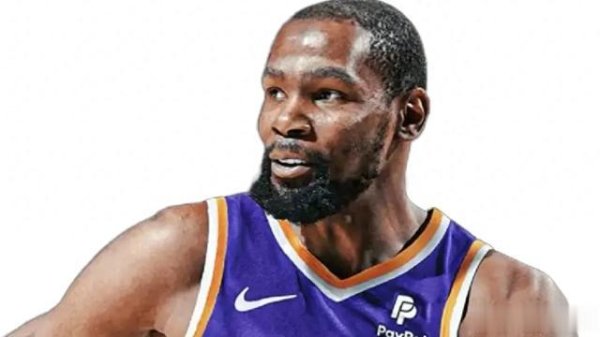
Too accurate! Is 37-year-old KD still a hot item in the league? Su Qun told the truth!
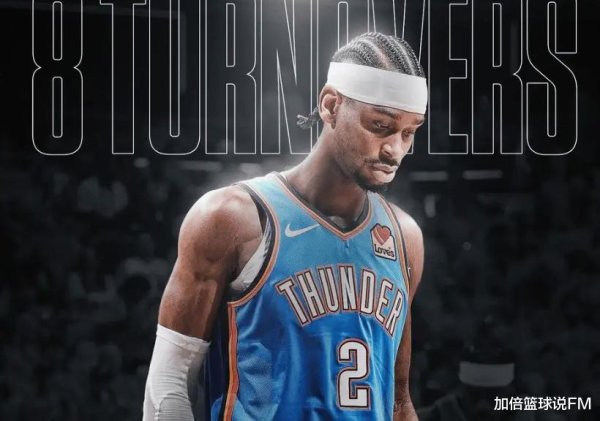
From a 26-point victory to a 7-point victory! Even if you win the championship, you don t seem to be worthy of applause.